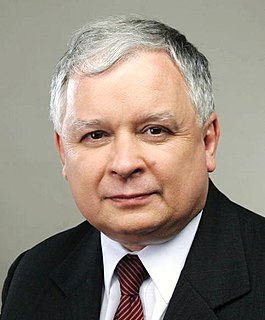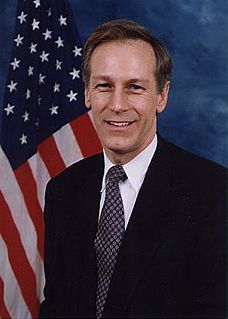A Quote by Barack Obama
Here's the truth: even if countries like the United States curb our emissions, if growing countries like India - with soaring energy needs - don't also embrace cleaner fuels, then we don't stand a chance against climate change.
Related Quotes
It is clear that several countries, in the Balkans for example, need to be considered countries of safe origin. But others like, in my opinion, Eritrea, undoubtedly need to be considered a country of origin with a valid claim to asylum. And with a third group of states, like Nigeria for example, each individual case needs to be evaluated. Then there are also very controversial cases like Afghanistan. In any case, united European action is needed. This argument for Europeanization may sound utopian, but there is no alternative.
Currently, the United States has troops in dozens of countries and is actively fighting in Iraq, Syria, Libya, and Yemen (with the occasional drone strike in Pakistan). In addition, the United States is pledged to defend 28 countries in NATO. It is unwise to expand the monetary and military obligations of the United States given the burden of our $20 trillion debt.
The international equity question arises from the costs of climate change itself and mitigation varying greatly across countries. It is affected by the historical responsibility for current greenhouse gas emissions, which countries which were not responsible for what's in the atmosphere now think are very important. Currently rich countries don't think those issues are very important.
Climate change is...a gross injustice-poor people in developing countries bear over 90% of the burden-through death, disease, destitution and financial loss-yet are least responsible for creating the problem. Despite this, funding from rich countries to help the poor and vulnerable adapt to climate change is not even 1 percent of what is needed.
By the end of the 1960s, the United States owned more than half of the Indian rupee money supply, and that had been acquired through food aid. So I think it's very interesting to see the very long history of how sovereignty and food go together. When some countries remove another country's ability to feed itself, it is a very powerful tool. Imperialist countries, like the United Kingdom, like the United States, have used it for centuries.


































